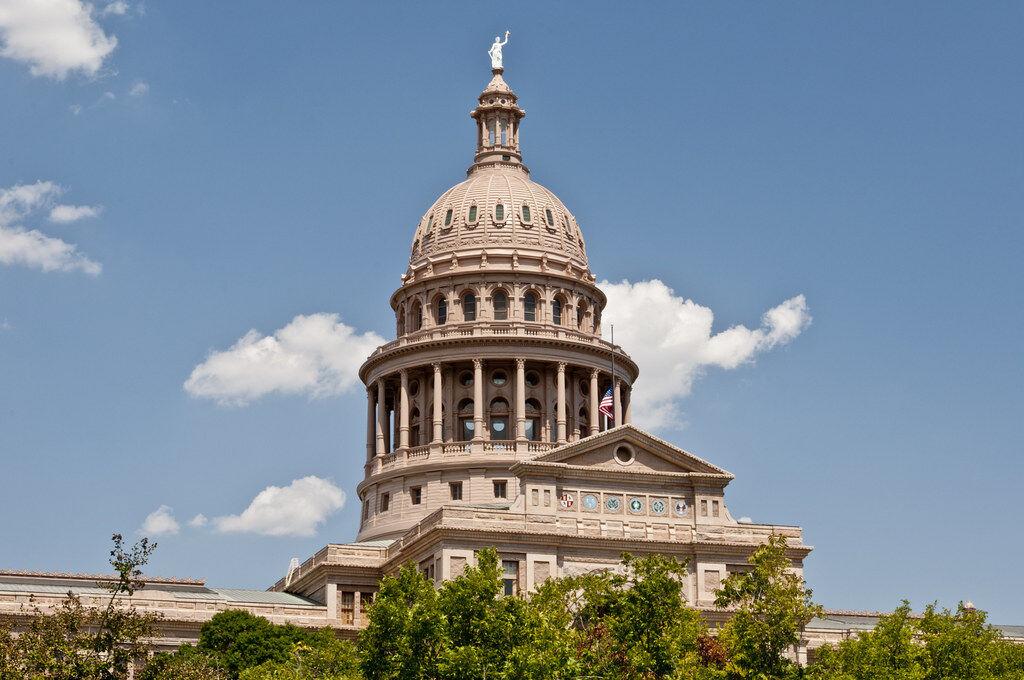Something is brewing that will affect Texas’s future for the next decade. Following the 2020 Census, state and local governments will use the data collected to draw new congressional and state legislative maps. This process — known as redistricting — will define the direction Texas is headed for the foreseeable future. Republicans control redistricting once again, and with its history of voter suppression and intimidation, Texas’s future looks dreadful.
America is recovering from the last presidential election, which saw a brutal attack on our constitution from those spewing conspiracies about widespread voter fraud. However, the fight to preserve our democracy is far from over. A key issue associated with redistricting is gerrymandering, the practice of drawing voting districts to give an unfair advantage to whoever draws the lines. Gerrymandering exists to disadvantage voters based on race or political party and secure victory for a candidate. Instead of voters choosing their representatives, it’s the representatives who choose their voters.
To be clear, gerrymandering isn’t strictly a Republican tactic. Democrats also engage in gerrymandering when given the opportunity. The entire process of impartial line-drawing shows the petty games both sides play. When acts like these keep happening, the real losers are the American people and their confidence in voting. If you are drawn into a district where you’re the political minority, you might as well scream your point of view into the wind because that will have as much influence as any other choice available to you.
Having politicians draw the lines that may determine the outcome of elections makes no sense. It doesn’t take a genius to see the apparent conflict of interest that will inevitably occur in such a setting. With a few exceptions where some states require gerrymandering independent commissions, most assign state legislators the process. In a country where bipartisanship is becoming nothing more than wishful thinking, parties do their absolute best to protect their members while trying to expand their power.
Redistricting itself is not a bad thing to have. It’s a great way to represent individuals fairly and accurately. Districts need to have around the same number of voters, and as the population shifts over time, those districts need to be accurately adjusted in that regard. Previously, some states have failed to update their districts for as long as 60 years, and it wasn’t until 1964 with the landmark cases, Wesberry v. Sanders and Reynolds v. Sims, did the requirement to have accurate representations become standard procedure.
Texas Republicans have their work cut out for them this time around due to a population boom in the last decade. The Lone Star State has seen a growth of almost four million people since 2010, a rate faster than most other states. One would assume that with an increasingly diverse population, its representatives should reflect its population growth. However, that has not been the case. Due to the amount of voter suppression in Texas, the state was forced to report any changes to elections, including changes to district boundaries, to the U.S. Department of Justice or a federal court.
In 2013, Texas finally got the gift from the Supreme Court it’s been desperately seeking: dismissal of a critical part of the Voting Rights Act. In its decision, the Court decided states no longer need federal approval before making changes to their elections. The argument that times have changed so much that some parts of the Voting Rights Act are no longer relevant doesn’t make any sense when every election provides us a new example of how rampant voter suppression happens in this country. Just last year, Gov. Greg Abbott signed an order to restrict the number of drop-off locations for mail-in ballots. It was eventually blocked by a federal judge, but it shows voter suppression would reign supreme in Texas if given the chance.
For the first time in over 50 years, Texas will get the opportunity to redistrict without federal oversight, and that is extremely worrisome. Texas — the state without a mask mandate amid a pandemic and one in which every single elected Republican official voted not to hold former President Donald Trump accountable for his actions concerning the Jan. 6 Capitol insurrection — is now free to do whatever it wants, in regards to voter suppression, without oversight.
There is still a slight bit of hope for all Texans, and it is the blue wave happening across the country. A prime example is the state of Georgia, which flipped democratic in its presidential and senate races. The same thing is happening in Texas as more college-educated, racially diverse young people are moving into the state. It will require consistent voter turnout to keep our democracy alive, and since we have done it once before, there’s hope we can surely do it again.
Ozioma Mgbahurike is an electrical engineering sophomore and opinion writer for The Battalion.





















